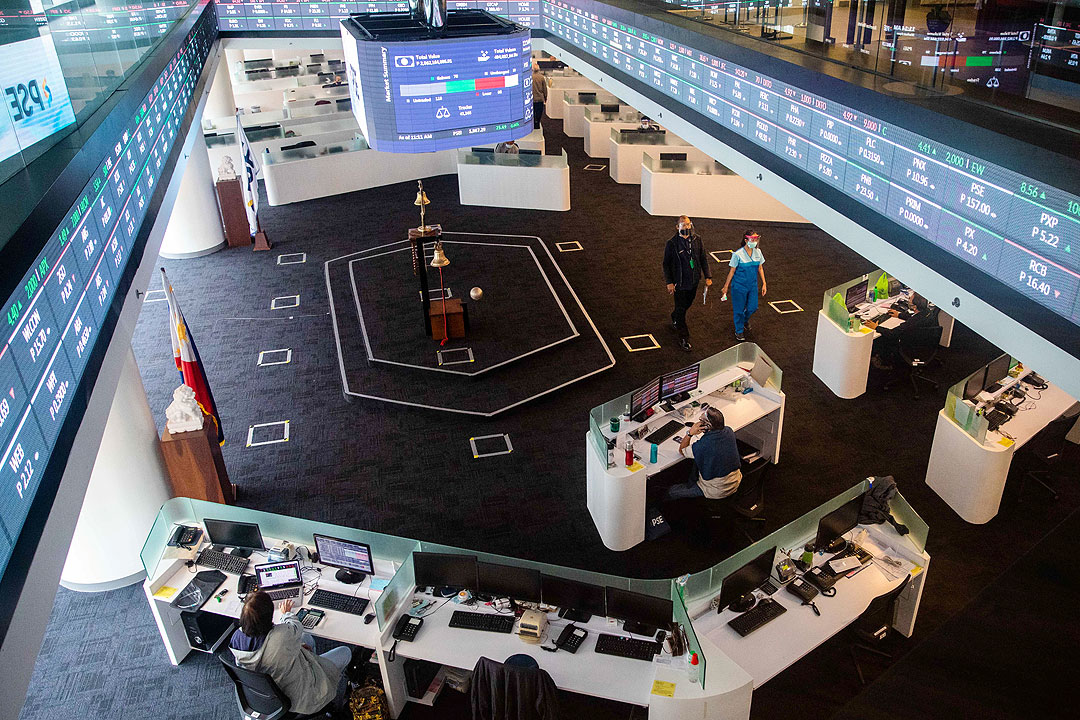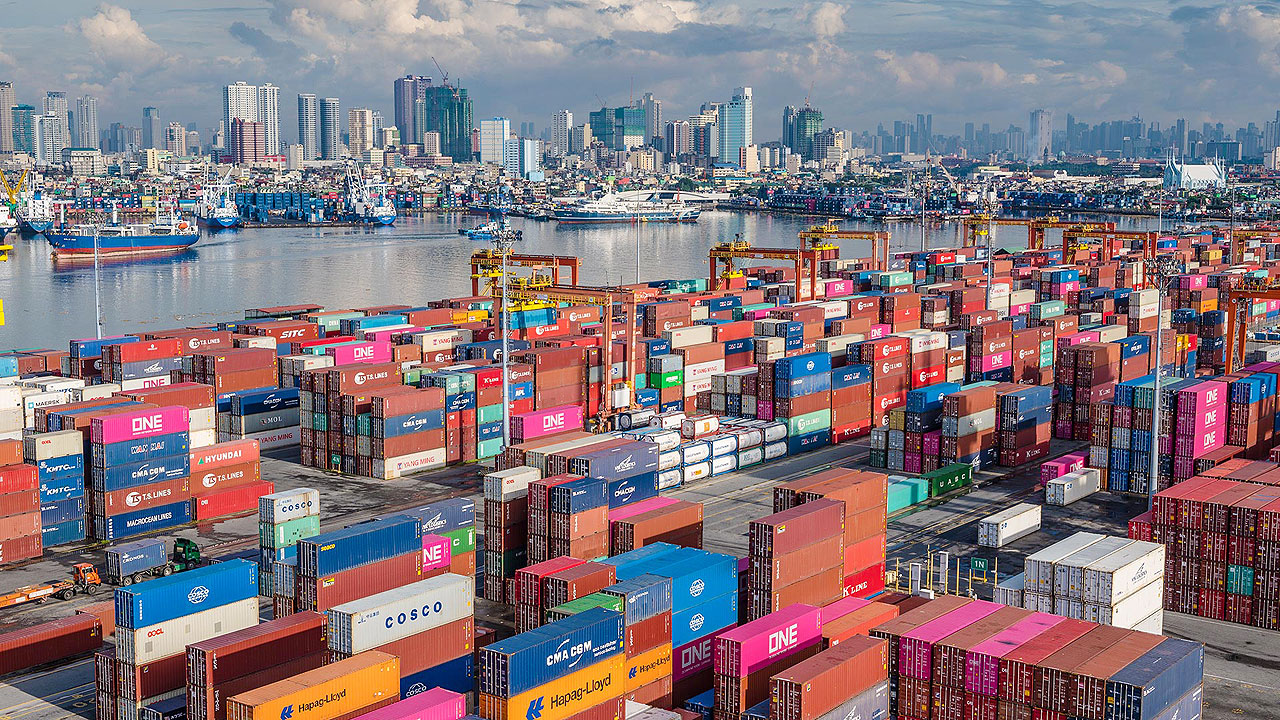
Upgrade to High-Speed Internet for only ₱1499/month!
Enjoy up to 100 Mbps fiber broadband, perfect for browsing, streaming, and gaming.
Visit Suniway.ph to learn
 REUTERS
REUTERSPHILIPPINE SHARES may move sideways this week as the market monitors developments in the Middle East and ahead of the Bangko Sentral ng Pilipinas’ (BSP) policy meeting on Thursday.
On Friday, the benchmark Philippine Stock Exchange Index (PSEi) inched up by 0.22% or 14.27 points to close at 6,395.59, while the broader all shares index rose by 0.24% or 9.12 points to 3,785.31.
Week on week, the PSEi climbed by 0.29% or 18.8 points from the 6,376.79 finish on June 5.
“US-China tariff negotiations and trade drift kept market sentiment on edge [last] week amid fading global growth momentum,” online brokerage 2TradeAsia.com said in a market note.
“The local market managed to extend its climb last week backed by optimism on US-China trade relations prospects and expectations of a BSP rate cut in their meeting [this] week. However, the market was not able to close above the 6,400 resistance line, reflecting lingering concerns over prevailing and new risks,” Philstocks Financial Inc. Research Manager Japhet Louis O. Tantiangco said in a Viber message.
Last week, US President Donald J. Trump said US tariffs will be set at 55% while China’s will be at 10% under a deal that restored a tariff truce between the two countries following two days of negotiations in London. The two countries also agreed to eliminate Chinese export restrictions on rare earth minerals and allow Chinese students access to US universities.
Mr. Tantiangco said the BSP’s policy meeting on June 19 (Thursday), where it is widely expected to deliver a second straight 25-basis-point cut amid easing inflation, will be a key driver for the stock market this week.
“More than the interest rate decision, investors are expected to watch out for clues on the BSP’s policy direction. Hints of more policy easing in the latter part of this year from the BSP may give sentiment a boost,” he said.
“Sentiment this week is expected to be challenged, however, by ongoing Middle East tensions following Israel’s attack on Iran. A further escalation of such is expected to drive oil prices higher. This, in turn, may derail our country’s efforts against inflation. Pricing this in would be negative for the market.”
Rizal Commercial Banking Corp. Chief Economist Michael L. Ricafort said in an email that the PSEi’s minor support is at 6,290-6,300, while immediate resistance is at 6,500, adding that the conflict in the Middle East could lead to some risk aversion.
2TradeAsia.com placed the PSEi’s immediate support at 6,300 and resistance at 6,500-6,550.
“The market remains tactically fragile, with price action seemingly dictated by event risk over macro trend conviction. Until greater clarity emerges on the trajectory of US-China trade negotiations and the Federal Reserve’s response function, positioning should be built around optionality, balance sheet strength, and liquidity,” it said.
“In the near term, recalibrate risk as volatility presents entry asymmetry and not trend resumption,” it added. — Revin Mikhael D. Ochave




